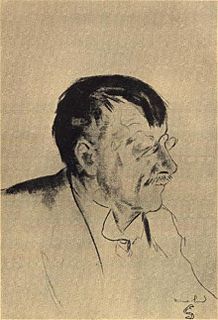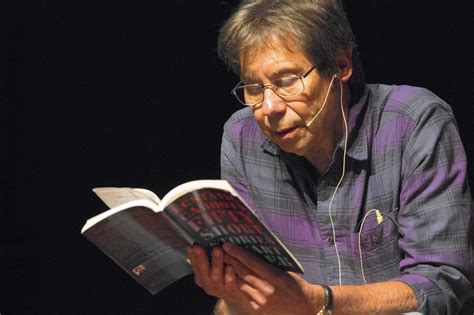A Quote by Bernard Lewis
To accept the story of the Arab destruction of the library of Alexandria, one must explain how it is that so dramatic an event was unmentioned and unnoticed not only in the rich historical literature of medieval Islam, but even in the literatures of the Coptic and other Christian churches, of the Byzantines, of the Jews, or anyone else who might have thought the destruction of a great library worthy of comment. That the story still survives, and is repeated, despite all these objections, is testimony to the enduring power of a myth.
Quote Topics
Accept
Alexandria
Anyone
Anyone Else
Arab
Christian
Christian Church
Churches
Comment
Despite
Destruction
Dramatic
Else
Enduring
Even
Event
Explain
Great
Historical
How
Islam
Jews
Library
Literature
Medieval
Might
Must
Myth
Objections
Only
Other
Power
Repeated
Rich
Still
Story
Testimony
Thought
Unnoticed
Worthy
Related Quotes
At the time of Caliph Omar's invasion of Egypt, the Arab officer on duty in the destruction of the library of Alexandria used two stamps with which he marked the books. One said: 'Does not agree with the Koran - heretic, must be burned'. The other said: 'Agrees with the Koran - superfluous, must be burned'.
The Iranian people were converted to Islam not very much longer after the conquest of the Arab world by Islam, but they refused to adopt the Arabic language, and it's a great point of pride to them that Persian culture and the Persian language and Persian literature survived the conversion to Islam. And the conversion to Islam also was for most of them not the Sunni majority form, but the Shia one. So there's a great discrepancy between Iranian society and many other of what we think of as Arab Muslim States and systems.
We can roam the bloated stacks of the Library of Alexandria, where all imagination and knowledge are assembled; we can recognize in its destruction the warning that all we gather will be lost, but also that much of it can be collected again; we can learn from its splendid ambition that what was one man's experience can become, through the alchemy of words, the experience of all, and how that experience, distilled once again into words, can serve each singular reader for some secret, singular purpose.
In 'Labor Day Hurricane, 1935,' Douglas Trevor vividly recreates a historical event. While that is the only story in A THIN TEAR IN THE FABRIC OF SPACE in the historical past, many of the other stories juxtapose fact-both historical and scientific-with narration to an engaging effect, one that distinguishes the voice of this new writer.
A university is a reading and discussion club. If students knew how to use the library, they wouldn't need the rest of the buildings. The faculty's job, in great part, is to teach students how to use a library in a living way. All a student should really need is access to the library and a place to sleep.
Eratosthenes was the director of the great library of Alexandria, the Centre of science and learning in the ancient world. Aristotle had argued that humanity was divided into Greeks and everybody else, whom he called barbarians and that the Greeks should keep themselves racially pure. He thought it was fitting for the Greeks to enslave other peoples. But Erathosthenes criticized Aristotle for his blind chauvinism, he believed there was good and bad in every nation.







































